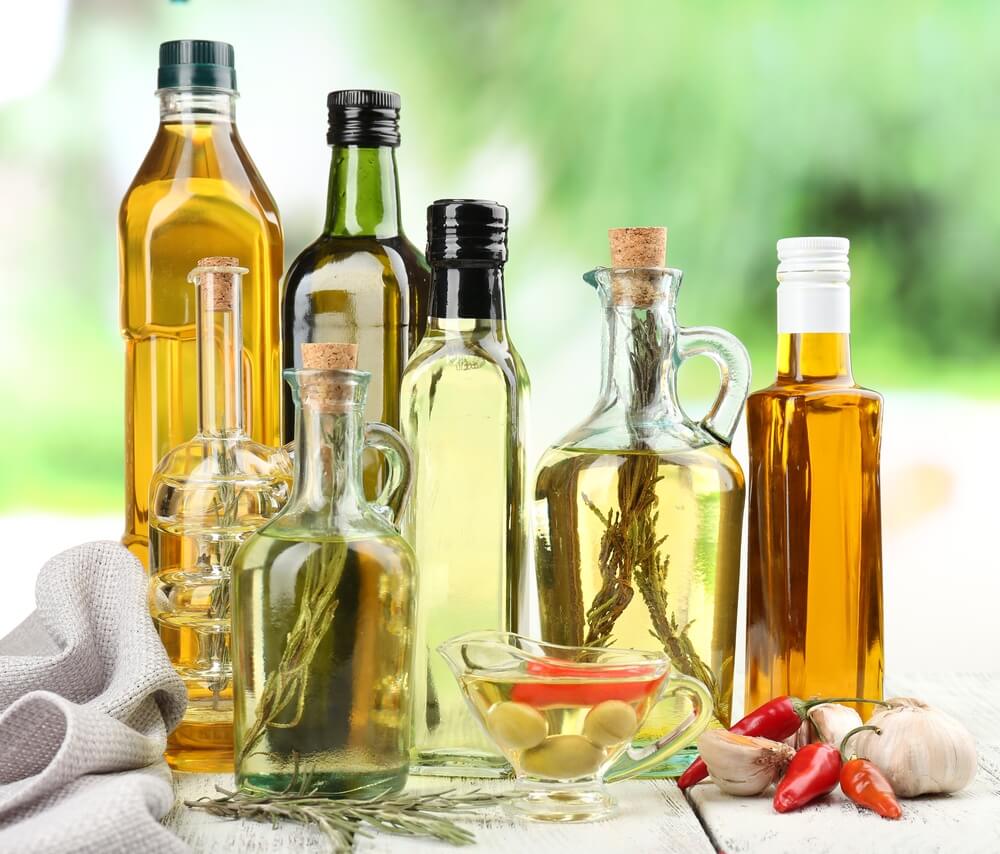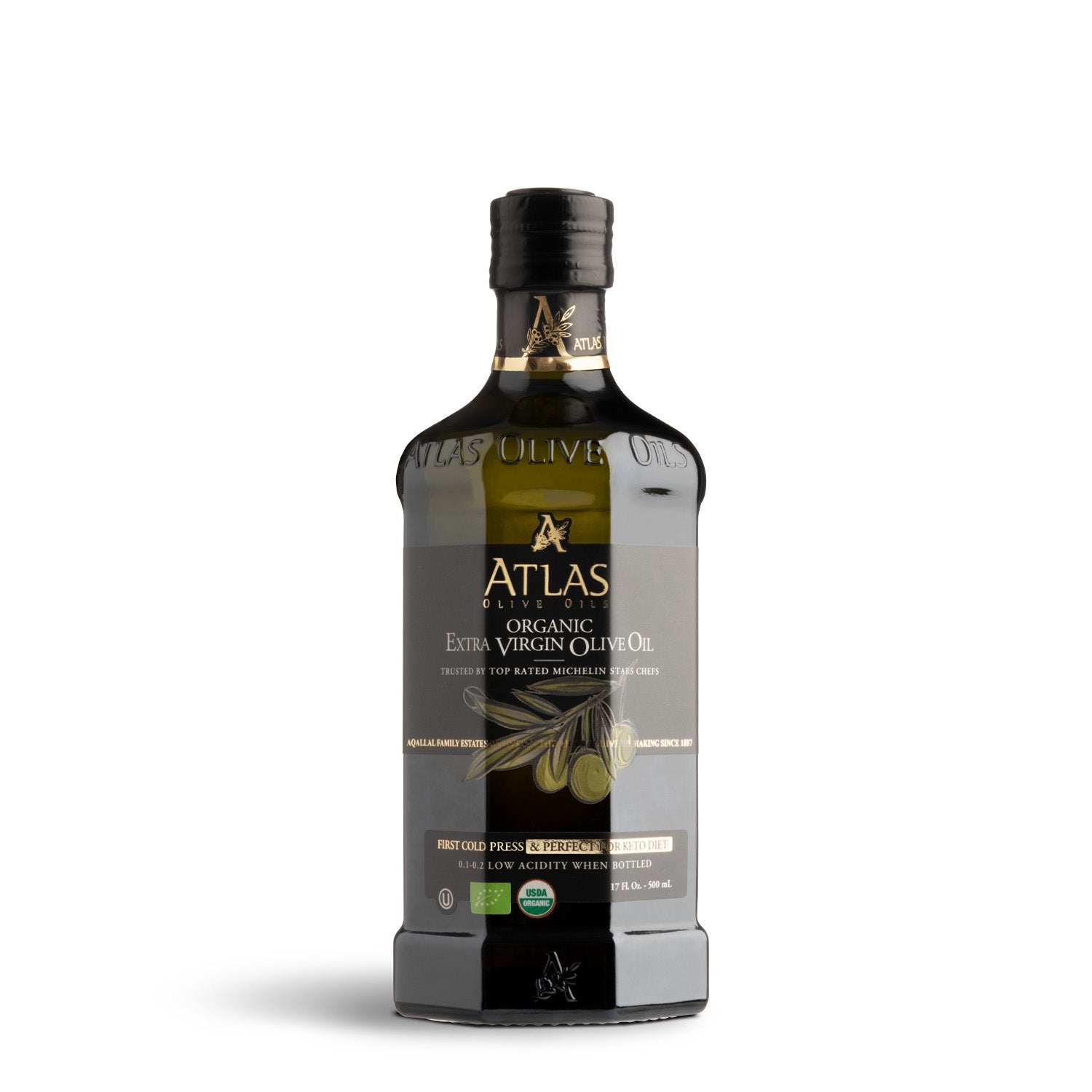Exploring the Different Sorts Of Olive Oil and Their Uses, Consisting Of Additional Virgin Olive Oil
The expedition of olive oil includes a varied array of kinds, each offering cooking applications and distinctive flavors. Extra virgin olive oil, renowned for its superior top quality and health and wellness benefits, offers as a staple in many kitchen areas, yet it is just one element of this diverse ingredient.
What Is Olive Oil?
Stemmed from the fruit of the olive tree, olive oil is a staple in Mediterranean food and a vital component in numerous cooking applications. This flexible oil is produced by pushing entire olives, resulting in a fluid that differs in taste, aroma, and color depending upon the sort of olives utilized, the region of cultivation, and the removal process. Olive oil is mostly made up of monounsaturated fats, especially oleic acid, which is known for its potential wellness benefits, consisting of anti-inflammatory residential properties and cardiovascular assistance.
Along with its cooking usages, olive oil has a lengthy background of application in conventional medication and skin care, owing to its abundant antioxidant content (extra virgin olive oil benefits). The oil is usually used in dressings, marinades, and for cooking techniques such as sautéing and roasting. Its distinct flavor account can boost the preference of numerous meals, making it a crucial ingredient for both home chefs and specialist cooks
Additionally, olive oil is commemorated for its function in the Mediterranean diet plan, which is linked with numerous wellness advantages. As awareness of these advantages expands, olive oil remains to obtain popularity worldwide as a basic part of a healthy way of living.
Sorts Of Olive Oil
Understanding the numerous sorts of olive oil is vital for both culinary enthusiasts and health-conscious consumers. Olive oil is identified mainly based on its extraction approach and quality, which significantly affects its taste, scent, and wellness benefits.

Light olive oil, in spite of its name, refers to a lighter taste and not reduced calories. It is optimal for those seeking an extra subtle preference in marinates and dressings. Additionally, there are flavorful olive oils infused with natural herbs, seasonings, or citrus, which can improve recipes without the need for extra spices.
Each kind of olive oil offers specific cooking purposes, and comprehending these distinctions allows customers to make enlightened choices that align with their food preparation designs and health goals.
Additional Virgin Olive Oil
Extra virgin olive oil (EVOO) is extensively considered as the best quality olive oil offered, well known for its rich taste and numerous health benefits. To be categorized as added virgin, the oil has to be generated from fresh olives utilizing mechanical procedures, without making use of solvents or extreme warmth. This careful approach maintains the oil's all-natural tastes, antioxidants, and healthy fats, resulting in a product with a low acidity degree of less than 0.8%.
EVOO is plentiful in monounsaturated fats, specifically oleic acid, which is connected to minimized inflammation and enhanced heart health and wellness. It additionally includes polyphenols, powerful anti-oxidants that may provide protective results versus persistent diseases. The flavor profile of EVOO can vary substantially depending on the olive variety and area of manufacturing, varying from verdant and fruity to robust and sharp.

Culinary Uses of Olive Oil

In cooking, olive oil can be made use of for sautéing, roasting, and cooking, giving a much healthier alternative to butter or other fats. Its high smoke point makes it appropriate for various cooking approaches, while its anti-oxidants contribute to a heart-healthy diet plan. Showering olive oil over ended up meals, such as pasta, fish, or barbequed veggies, can boost flavors and include a touch of elegance.
Moreover, olive oil plays a substantial duty in cooking, where it can replace standard fats in dishes for bread and pastries, passing on wetness and a subtle preference. It also works as a base for instilled oils, permitting chefs to try out flavors such as garlic, natural herbs, or chili, better broadening its culinary capacity. On the whole, olive oil's convenience makes it vital in both home and professional kitchens.
Choosing Top Quality Olive Oil
When selecting high quality olive oil, it's vital to take into consideration a number of crucial elements that affect the item's wellness, flavor, and aroma benefits. First and leading, decide for additional virgin olive oil (EVOO), which is originated from the initial cool pushing of olives and consists of the highest possible degrees of antioxidants and useful substances. Search for oils that are licensed by identified organizations, as this commonly makes certain adherence to rigid high quality standards.
The product packaging also plays a substantial role in preserving the oil's honesty. Choose oils kept in dark glass bottles or tins to shield versus light degradation. Take notice of the harvest date; fresher oils use superior taste and dietary worth, so pick products that are within 18 months of their harvest.
In addition, take into consideration the beginning of the oil. Premium olive oils typically come from particular regions known for their distinctive flavor profiles, such as Italian, Spanish, or Greek oils. Lastly, know the taste; a top quality olive oil ought to have an equilibrium of fruity, bitter, and peppery notes, view publisher site showing its richness and complexity. By examining these factors, you can guarantee you are selecting the most effective olive oil for your cooking needs.
Final Thought
In summary, the exploration of different kinds of olive oil discloses unique characteristics and applications, with added virgin olive oil standing for the peak of top quality due to its reduced acidity and high antioxidant web content. Comprehending the various ranges of olive oil permits for educated choices in cooking methods, advertising healthier techniques while enhancing the overall gastronomic experience.
Acquired from the fruit of the olive tree, olive oil is a staple in Mediterranean food and an essential component in different cooking applications.The most usual types of olive oil consist of fine-tuned olive oil, pure olive oil, and light olive oil.Bonus virgin olive oil (EVOO) is commonly concerned as the greatest top quality olive oil available, celebrated for its rich flavor and various health advantages. Choose for extra virgin olive oil (EVOO), which is derived from the initial cold pushing of olives and has the highest possible levels of antioxidants and advantageous compounds.In recap, the expedition of numerous kinds of olive oil exposes distinctive features and applications, with added virgin olive oil standing for the article source pinnacle of quality due to its reduced acidity and high antioxidant web content.